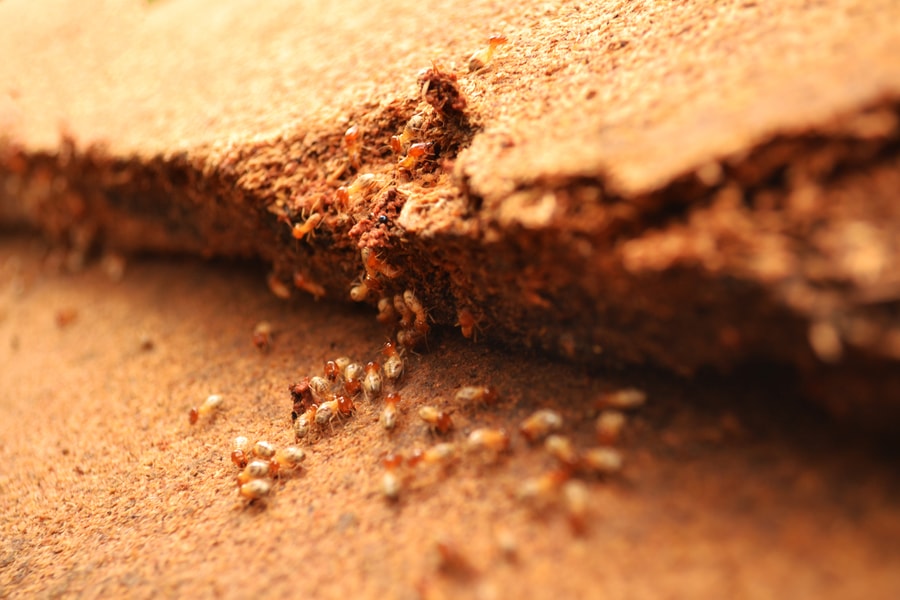How Often Should I Have My Home Checked For Termites?
Termites can be a homeowner’s worst nightmare, as they can cause significant damage to the structure of a home. Unfortunately, they are also one of the most difficult pests to detect, as they often remain hidden until the damage is already done. For this reason, it is essential to have your home checked for termites regularly to catch an infestation early and prevent further damage. But how often should you have your home checked for termites?
(Searching for “Eco-friendly ant removal“? Contact us today!)

The frequency of termite inspections can depend on a variety of factors, such as the location of your home, the age of your home, and whether you have had termite problems in the past. In general, it is recommended to have a termite inspection at least once a year. However, some experts suggest that homes in areas with high termite activity should be inspected more frequently, such as every six months.
Homes that are built with wood, or have wood-based features such as decks, fences, or tree stumps nearby, are more vulnerable to termite infestations. Older homes, in particular, may be more susceptible to termite damage due to wear and tear over time. Additionally, homes that have experienced previous termite infestations are at a higher risk for future infestations.
It’s important to note that termite inspections are not a one-size-fits-all solution. The type of inspection and frequency of inspections may vary depending on the area in which you live, the climate, and the particular species of termites that are common in your region. A professional pest control company, such as Shield Pest Defense, can provide tailored recommendations for termite inspections based on your specific situation.
During a termite inspection, a trained professional will examine the interior and exterior of your home for signs of termite activity. This includes checking for visible damage to wood structures, such as walls, floors, and ceilings. They will also look for signs of termite mud tubes or droppings. Additionally, they may use specialized equipment, such as a moisture meter or infrared camera, to detect hidden signs of termite activity.
If termites are detected during an inspection, the pest control company will work with you to develop a plan to eliminate the infestation and prevent future termite damage. Depending on the severity of the infestation, treatment may involve chemical treatments, baits, or a combination of both. In some cases, it may be necessary to tent the entire house and use a fumigant to eliminate the termites.
In addition to regular termite inspections, there are steps you can take to prevent termites from entering your home. These include:
Keeping wood debris, such as logs or stumps, away from your home’s foundation.
Fixing any leaks or moisture problems in your home, as termites are attracted to damp environments.
Removing any cardboard boxes or paper products from your attic or crawl space, as these can be a food source for termites.
Sealing any cracks or crevices in your home’s foundation, as termites can enter through even the smallest openings.
Installing a termite monitoring system around the perimeter of your home can detect termite activity before it becomes a major infestation.
By taking these preventative measures and having your home inspected regularly by a professional pest control company like Shield Pest Defense, you can significantly reduce your risk of a termite infestation and protect your home from costly termite damage. Remember, prevention is key when it comes to termite control, so don’t wait until it’s too late to take action.

